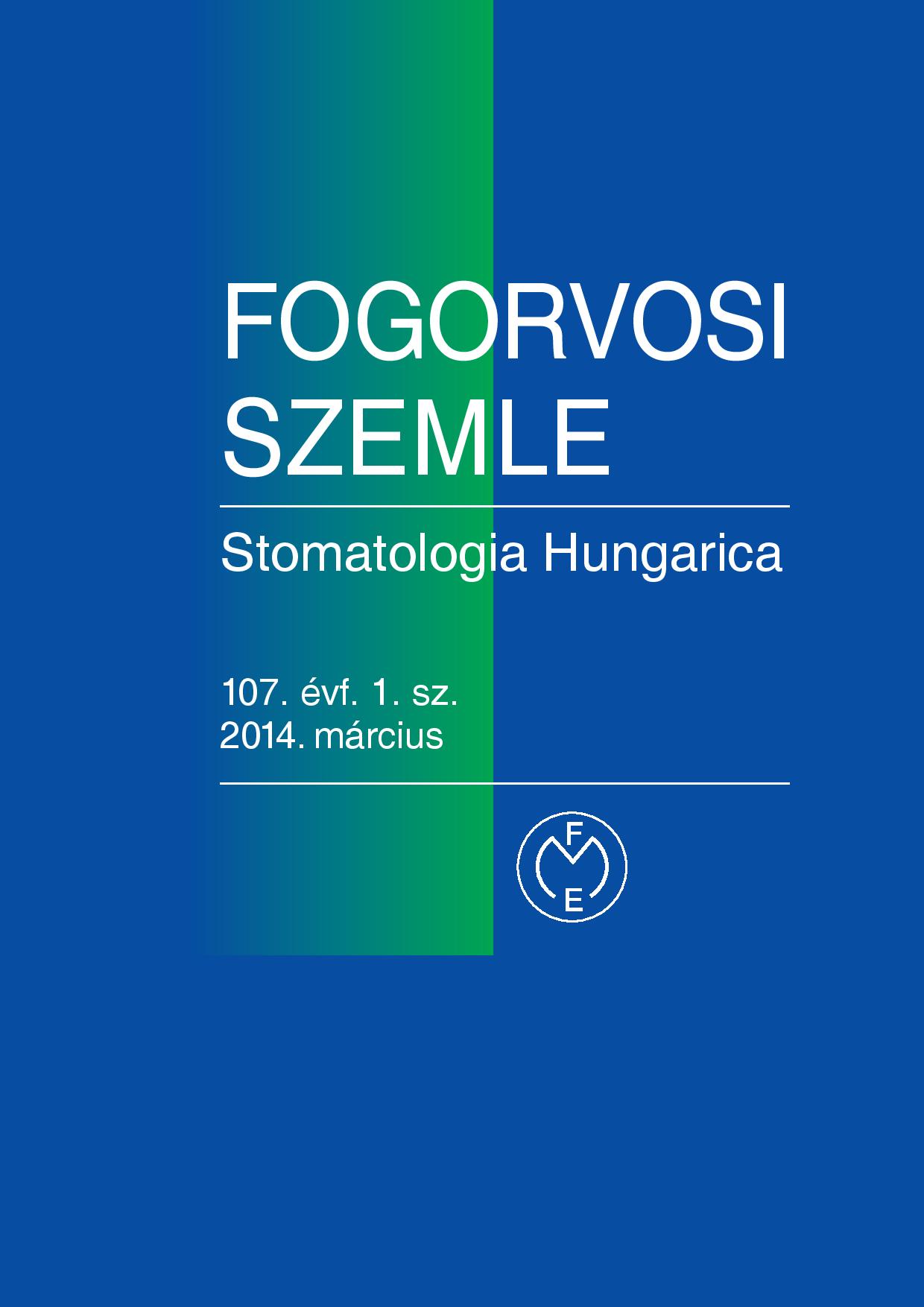Comparative study of polymerization shrinkage and related properties of flowable composites and an unfilled resin
Abstract
Objectives: The polymerization shrinkage and shrinkage stress of dental composites are in the center of the interest of
researchers and manufacturers. It is a great challenge to minimize this important property as low as possible. Many factors
are related and are in complicated correlation with each other affecting the polymerization shrinkage. Polymerization
shrinkage stress degree of conversion and elasticity has high importance from this aspect. Our aim was to study the
polymerization shrinkage and related properties (modulus of elasticity, degree of conversion, shrinkage stress) of three
flowable composite (Charisma Opal Flow, SDR, Filtek Ultimate) and an unfilled composite resin. Materials and methods:
Modulus of elasticity was measured using three point flexure tests on universal testing machine. The polymerization
shrinkage stress was determined using bonded-disc technique. The degree of conversion measurements were performed
by FT-IR spectroscopy. And the volumetric shrinkage was investigated using Archimedes principle and was measured
on analytical balance with special additional equipment. Results: The unfilled resin generally showed higher shrinkage
(8,26%), shrinkage stress (0,8 MPa) and degree of conversion (38%), and presented the lowest modulus of elasticity
(3047,02MPa). Conclusions: Highest values of unfilled resin correspond to the literature. The lack of fillers enlarges the
shrinkage, and the shrinkage stress, but gives the higher flexibility and higher degree of conversion. Further investigations
needs to be done to understand and reveal the differences between the composites.
Copyright (c) 2021 Authors

This work is licensed under a Creative Commons Attribution 4.0 International License.


.png)




1.png)



